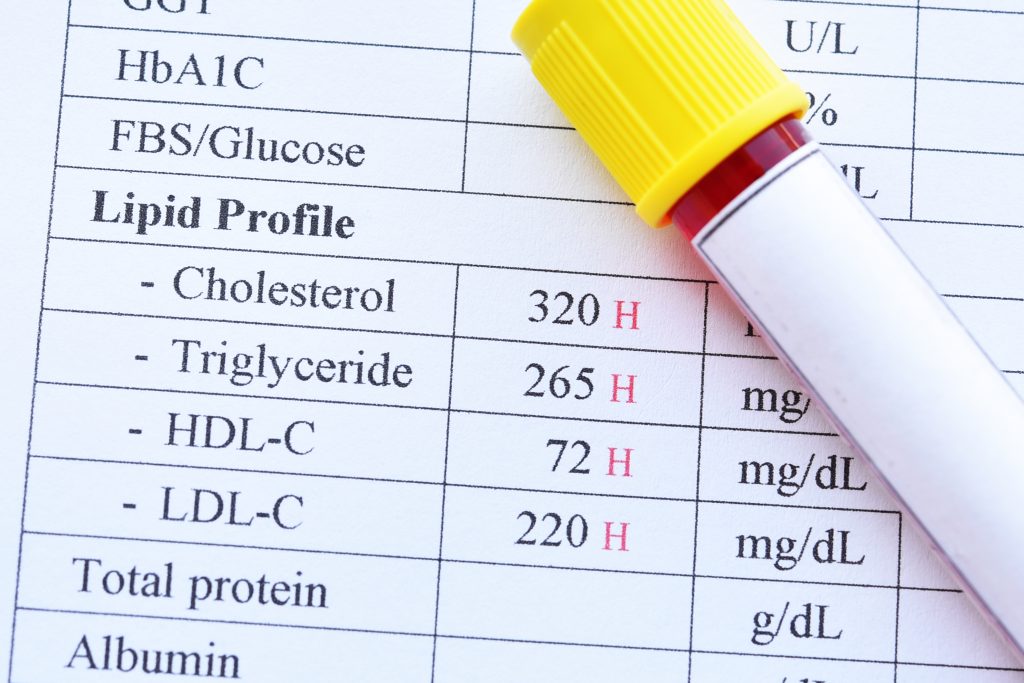Lipid panels are essential diagnostic tools in assessing cardiovascular health, providing valuable insights into a patient’s risk for heart disease and related conditions. With cardiovascular diseases being the leading cause of death worldwide, early detection through laboratory testing plays a crucial role in preventive care.
Among the various diagnostic codes, CPT code 80061 is pivotal in ensuring accurate billing and medical documentation for lipid-related testing. The prevalence of lipid disorders underscores the importance of this test. Approximately 86 million adults in the United States aged 20 and older have total cholesterol levels exceeding 200 mg/dL. Additionally, nearly 25 million adults have levels surpassing 240 mg/dL.
What Is CPT Code 80061?
CPT code 80061 is specifically used to bill for a lipid panel, a bundled test that evaluates three critical components of blood lipids: total cholesterol, HDL cholesterol, and triglycerides. This comprehensive assessment aids in diagnosing conditions like hyperlipidemia, guiding treatment for at-risk patients, and monitoring the efficacy of lipid-lowering therapies.
Routine use of lipid panels often takes place during annual physical exams, particularly for individuals with risk factors such as obesity, diabetes, or a family history of heart disease. Additionally, these tests are instrumental in tracking patient response to treatments like statins or dietary changes.
The Role of Lipid Panels in Cardiovascular Health
Lipid panels are essential in assessing cardiovascular risk, helping detect early signs of conditions like heart disease and stroke. By measuring total cholesterol, HDL, LDL, and triglycerides, these tests provide crucial insights into vascular health.
Elevated triglycerides, for example, are strongly linked to an increased risk of cardiovascular disease. Research shows that individuals with high triglyceride levels, particularly those above 100 mg/dL for men and above 200 mg/dL in women, face nearly double the risk of heart disease and stroke.
Lipid panels also help monitor the effectiveness of treatments and lifestyle changes. For patients with metabolic syndrome, regular testing guides adjustments in medication, diet, and exercise, improving overall cardiovascular health.

Challenges in Billing for CPT Code 80061
Billing for CPT code 80061 requires precision to avoid denials or delays. One common issue arises when ICD-10 codes do not justify the medical necessity of the test. For instance, failing to pair the lipid panel with conditions like hypercholesterolemia (E78.0) or metabolic syndrome (E88.81) can result in claim rejections.
Another frequent challenge involves payer-specific limitations on the frequency of lipid panels. While these tests are often part of routine care, insurance providers may require additional documentation to approve multiple tests within a short timeframe. Errors in coding or unbundling the individual components of the panel can further complicate the reimbursement process.
Best Practices for CPT Code 80061
Accurate billing for CPT code 80061 begins with thorough documentation of the patient’s medical history, clinical symptoms, and treatment goals.
Using specific ICD-10 codes that align with the patient’s condition ensures compliance with payer requirements. Regular training for billing staff on coding updates and payer policies can minimize errors. Some of the best practices to implement are:
- Ensure thorough patient documentation, including clinical symptoms and treatment goals.
- Use accurate ICD-10 codes that align with the patient’s condition.
- Stay updated on payer policies and coding changes through regular training.
By following some of the best practices you are more likely to improve overall billing operations that will contribute to better patient satisfaction and improved cash flow.
Conclusion
CPT code 80061 plays a crucial role in the detection and management of lipid-related disorders. By adhering to proper billing practices, healthcare providers can maximize reimbursements while ensuring high-quality patient care.
Many people are opting to outsource laboratory medical billing to streamline their operations and increase reimbursement. This approach not only improves the revenue cycle but also enhances clinical outcomes in the fight against cardiovascular disease.

With a strong background in the marketing industry and healthcare leadership roles, Filip is responsible for CLICKVISIONBPO’s sales strategies and onboarding new clients. With a passion for sharing insights gained from his experience, he also shares valuable knowledge through industry related articles.
